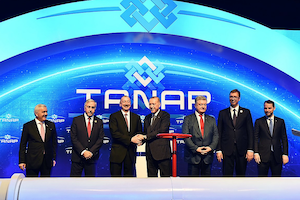Turkey and the Ukraine War: Ankara Charts its Own Course
By Alan Makovsky
May 12, 2022
Despite suffering economic consequences, Turkey is diplomatically strengthened by the Ukraine war, reinforcing and seemingly validating the “strategic autonomy within NATO” course that President Recep Tayyip Erdoğan has pursued in recent years. This, in turn, may help determine the outcome of the presidential election next year.
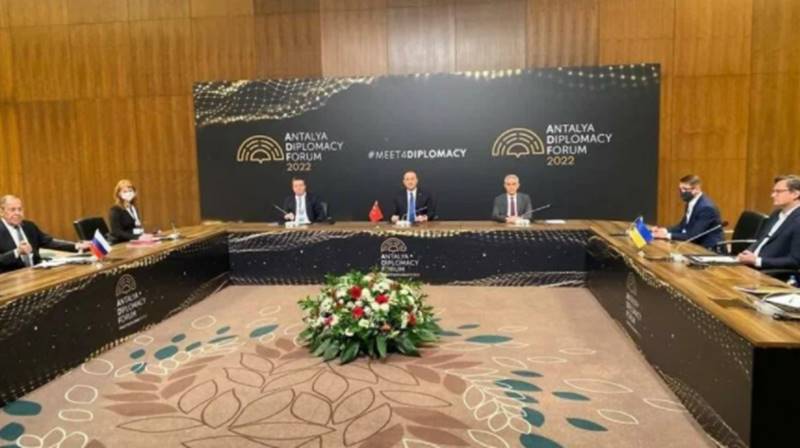
Turkey, Ukraine and Russia: The Illusion of Neutrality
By Natalia Konarzewska
March 4, 2022
Turkey insists on maintaining close relations both with Russia and Ukraine, but this balancing act has become near-impossible to maintain after the Russian invasion of Ukraine. A week into the invasion, Kyiv received a new batch of drones from Turkey that have already proved their effectiveness against the Russian forces. Even though Turkey will seek to maintain a balance as far as possible, its strong military ties with Ukraine speak of its geopolitical ambition to contain Russia. Turkey’s relation with Russia is transactional, while its commitment to the defense of Ukraine is an expression of Turkey’s strategic vision and its adherence to the geopolitical goals of the Western alliance. That will ultimately prove decisive.
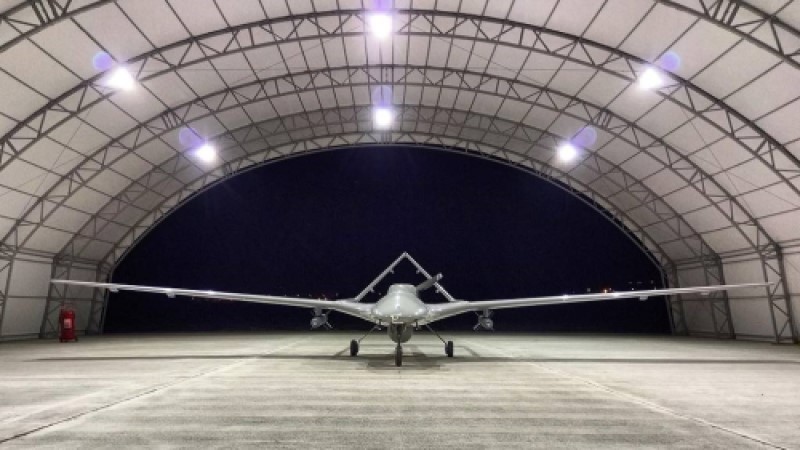
Turkey Seeks to Counter Russia in the Black Sea-Caucasus Region
By Emil Avdaliani
October 5, 2020
Turkey increasingly views Ukraine, Georgia and Azerbaijan as parts of an arc that could help it balance Russia’s growing military presence in the Black Sea and in the South Caucasus. With this objective in mind, Ankara is stepping up its military cooperation not only with Baku, but also with Tbilisi and Kyiv. Turkey is signaling that it intends to play a far more active role in the Black Sea-Caucasus region in order to contain Russia’s influence. This regional strategy has wider implications as it demonstrates that Turkey, contrary to what has become a common perception in the West, is not moving closer toward Russia and that in fact Turkish and the Western geopolitical interests largely converge, with Turkey supporting Georgia’s NATO ambitions.
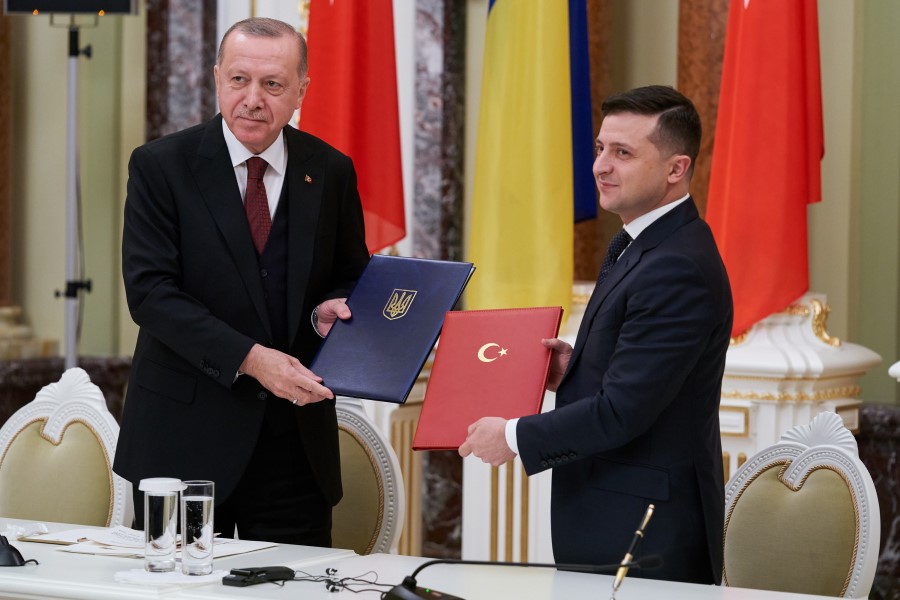
Turkey's In-between State of War and Peace with Russia
By Michaël Tanchum
March 25, 2020
On March 15, 2020, Turkey and Russia conducted their first joint patrol along the M-4 highway in Syria's Idlib province, implementing the terms a ceasefire accord that ended the direct military confrontation between Turkey and Russia. Ankara will prioritize avoiding further confrontation and cooperate with Moscow in order to consolidate Turkey's position in northern Syria. The degree to which Moscow reciprocates Turkey's gestures in Idlib will be the measure of how much Moscow is able and willing to accommodate Turkey's interests in northern Syria.
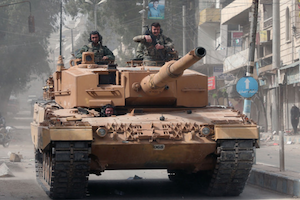
Turkey's Natural Gas Strategy Faces Obstacles
By Natalia Konarzewska
March 23, 2020
On January 8, 2020, Turkey's President Recep Tayyip Erdoğan and his Russian counterpart Vladimir Putin attended the opening ceremony of TurkStream, the natural gas pipeline that is envisaged to carry Russian gas to Turkey and then to Southeastern Europe. A month earlier, Erdoğan and Azerbaijan's President İlham Aliyev inaugurated another gas project that Turkey participates in, the Trans Anatolian Gas Pipeline (TANAP) and which will deliver Azerbaijani gas to Turkey and to southern Europe. Yet TurkStream and TANAP offer mixed prospects for advancing Turkey's strategy to become an energy transit state for Europe because of limitations of capacity and unclear or limited perspectives of expansion. Even though both pipelines are seen as cornerstones of Turkey's gas strategy, they are in fact being brought to completion at a time when Ankara tries to reduce its dependency on pipeline gas and seeks to benefit from the booming liquified natural gas market.
